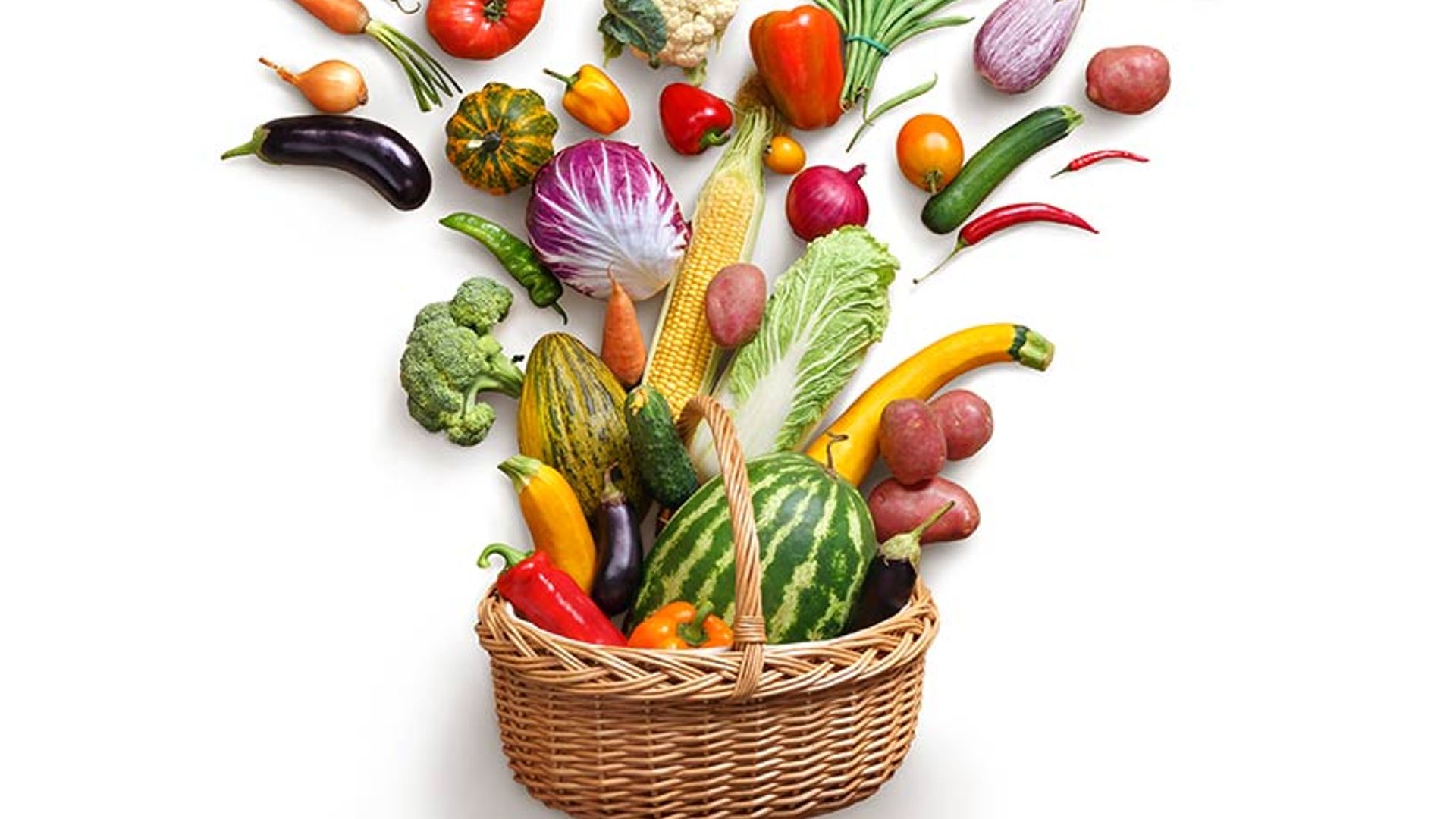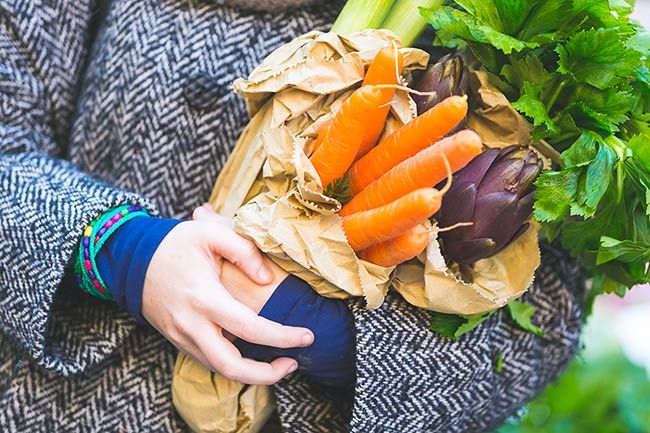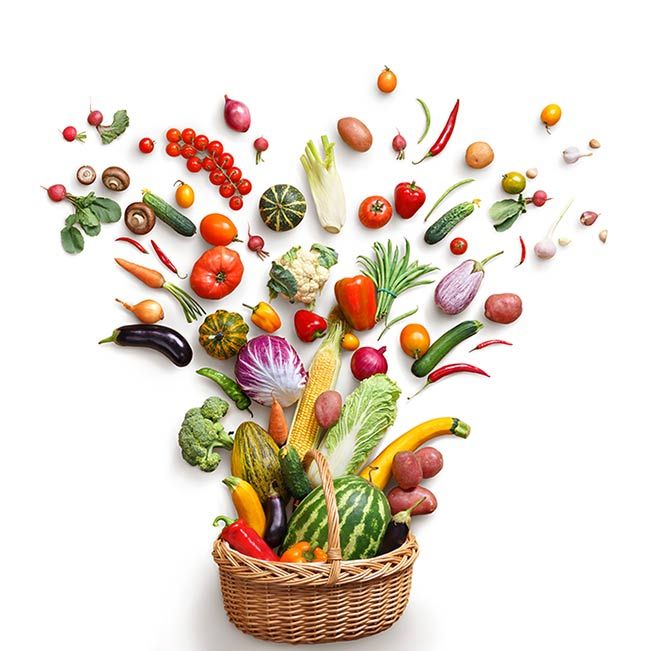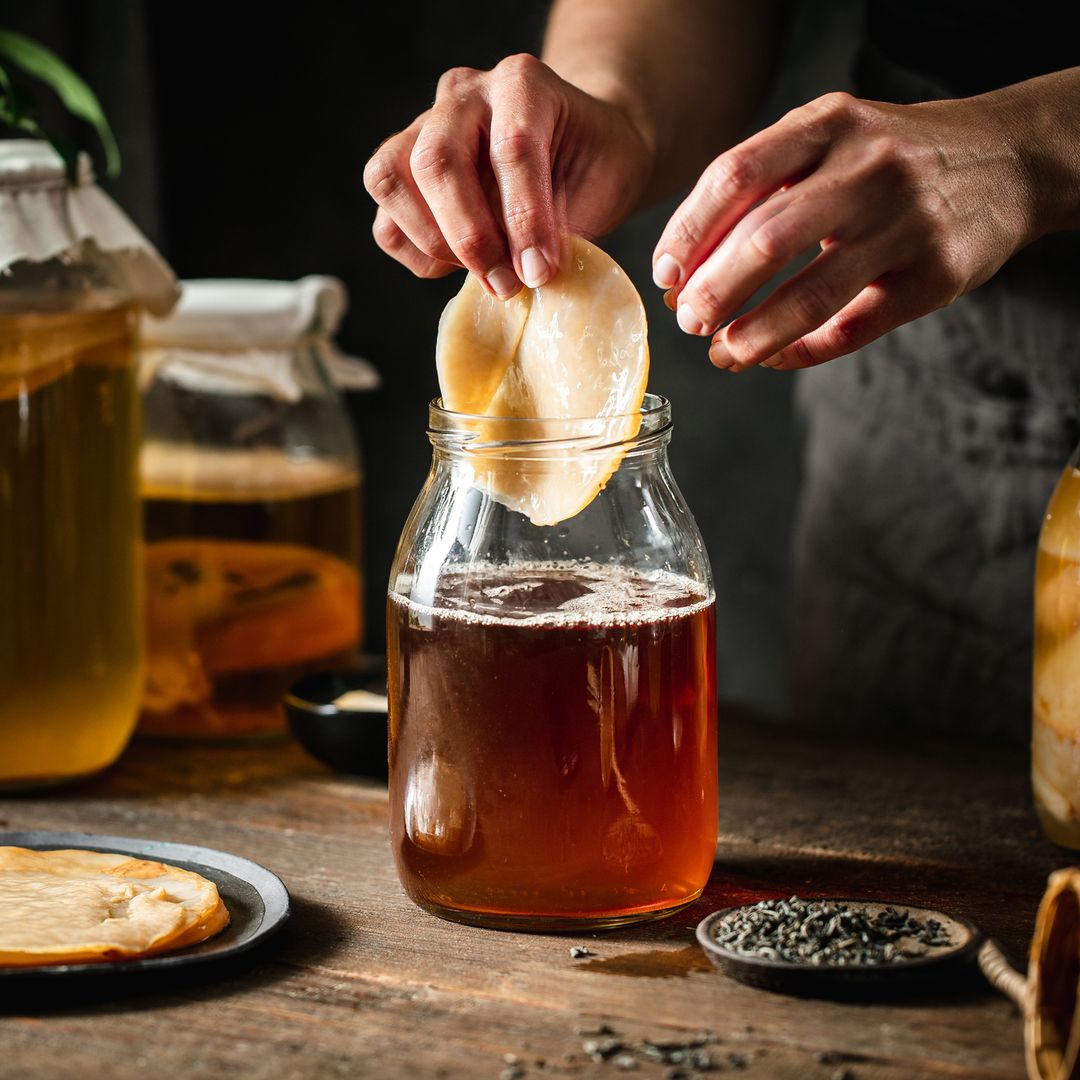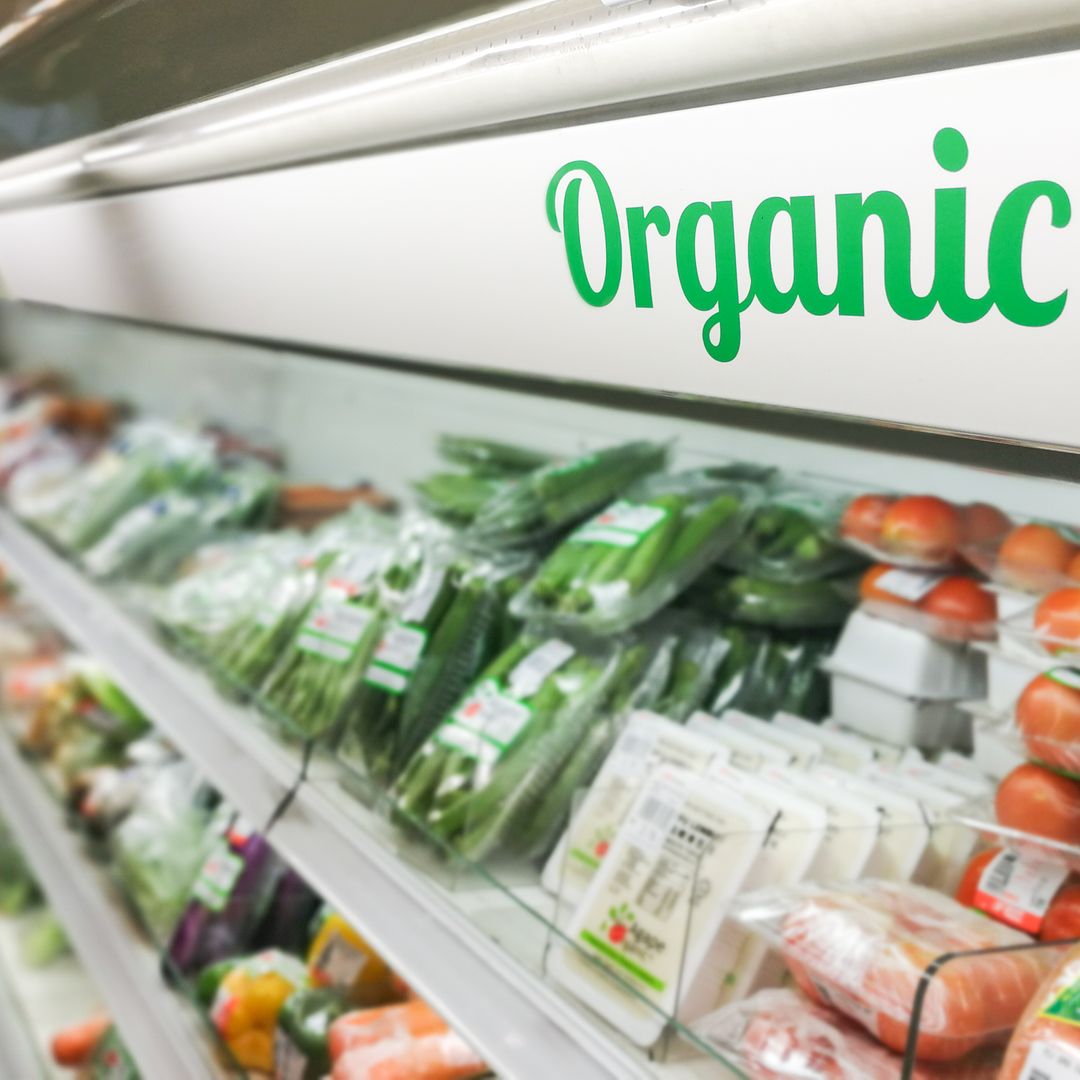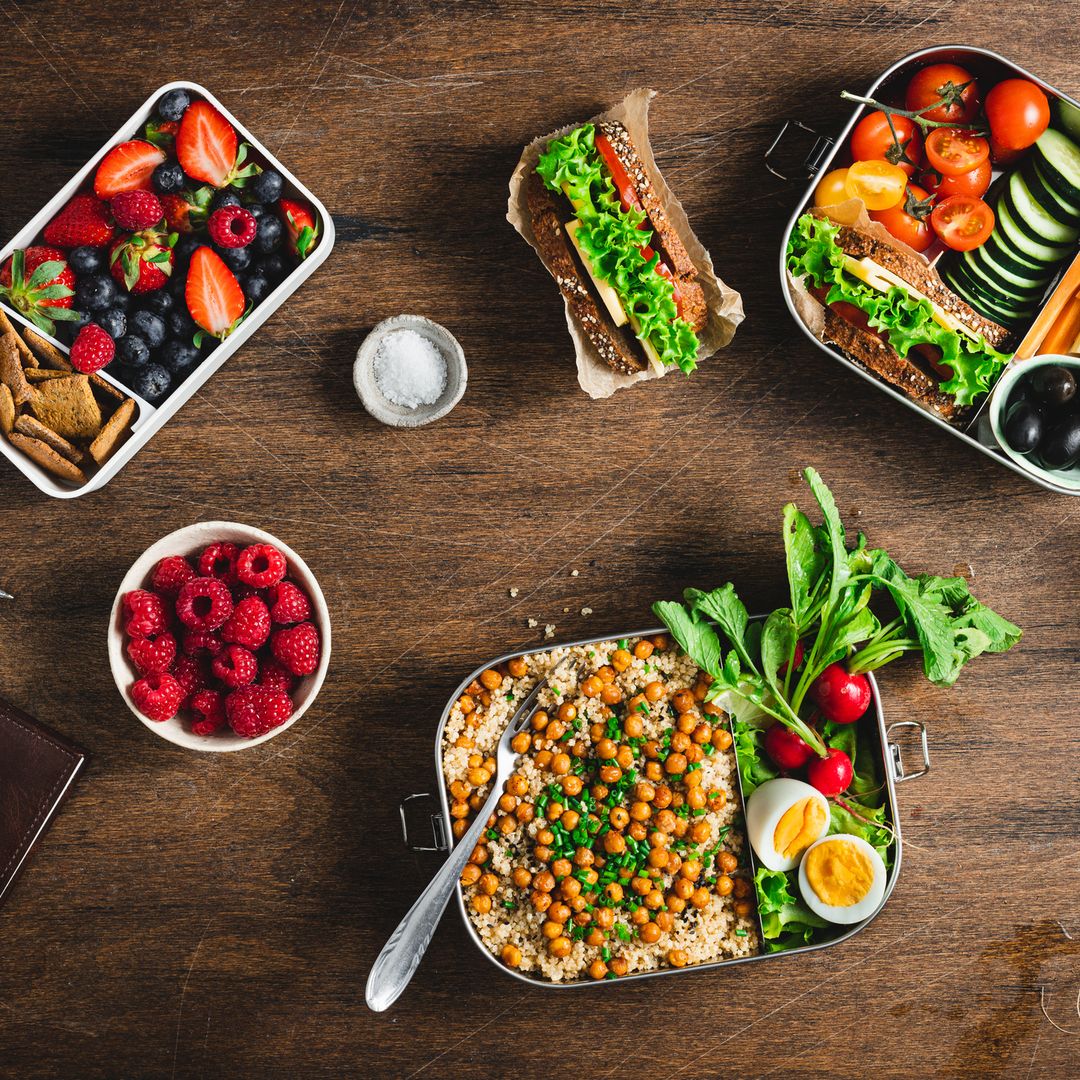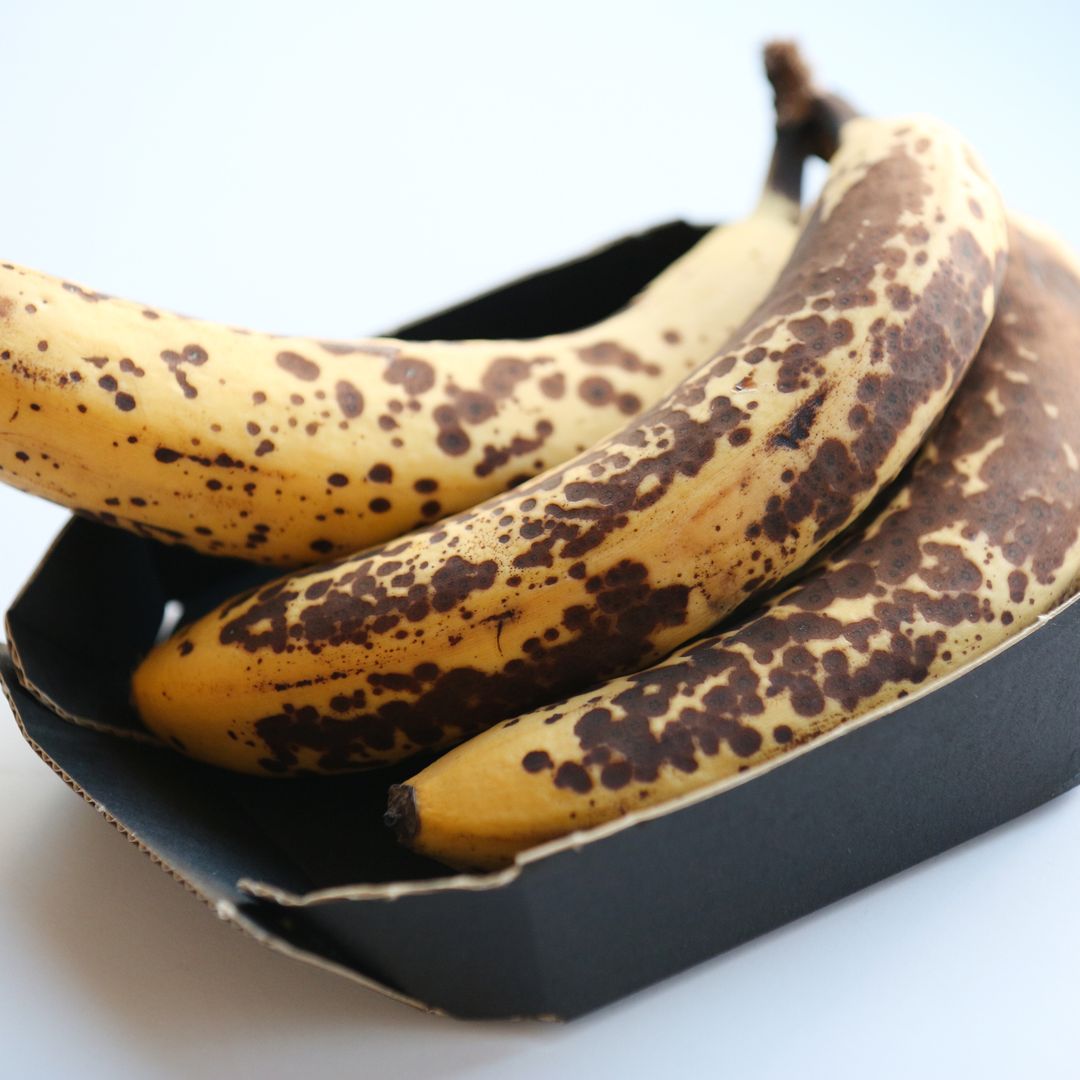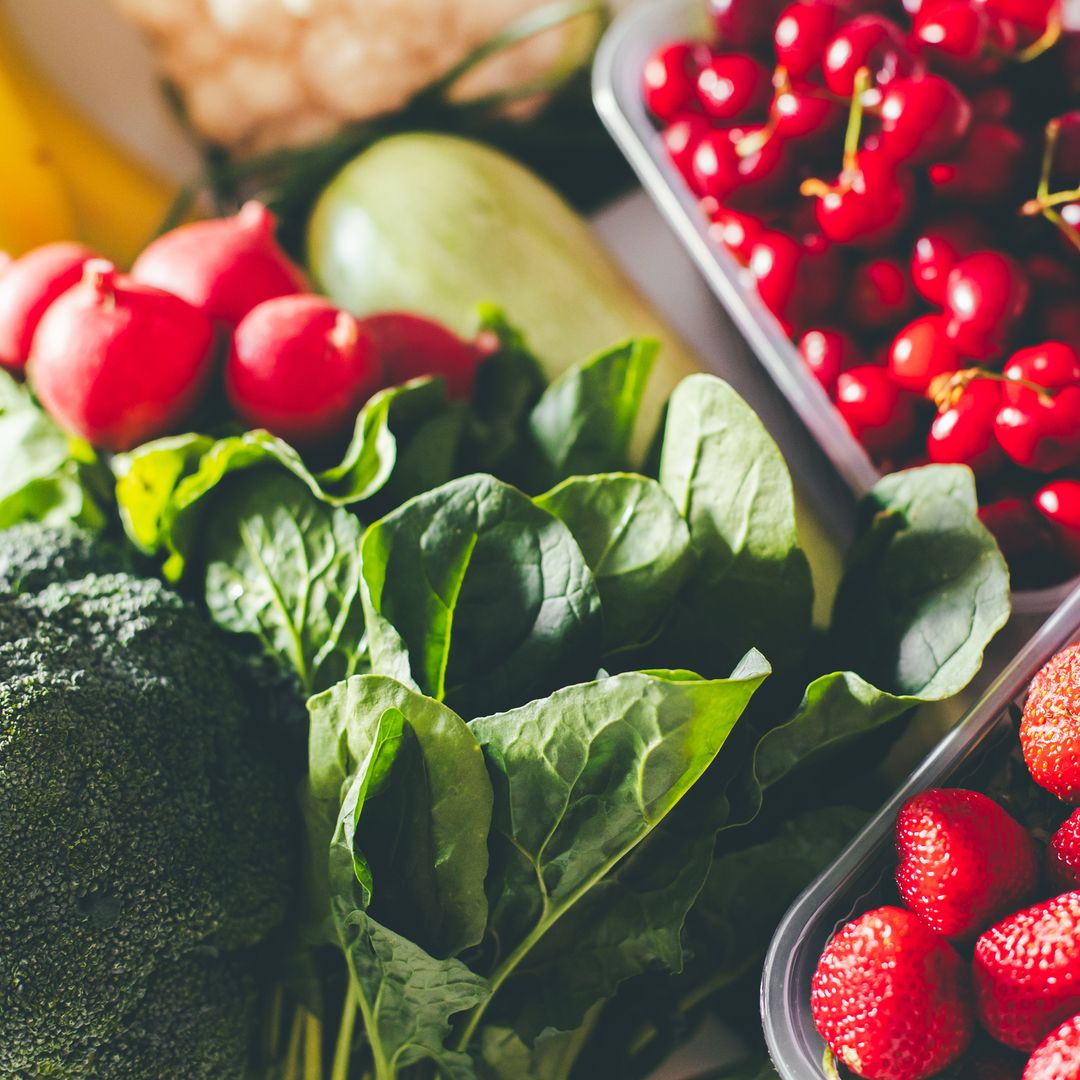To buy organic or not? That is a question that shoppers are faced with at the supermarket, with many unsure whether it is worth spending more money on foods that have been grown without pesticides. However going organic doesn't have to be all or nothing. According to the Soil Association, which has launched the Organic September campaign, almost 300 pesticides can be routinely used in non-organic farming and are often present in non-organic food – but some foods are more contaminated than others.
STORY: 10 ways to sneak more fruit into your diet
These foods have been revealed by Pesticide Action Network UK (PAN UK) to be the most heavily sprayed with potentially harmful pesticides, and as a result are the ones you should always try to buy organic where possible.
The 20 fruit and vegetables you should always try to buy organic
These foods were found to have the highest levels of pesticide residues by (PAN UK) in tests between 2011 and 2015.
- Oranges
- Soft citrus fruits
- Lemons and limes
- Strawberries
- Pears
- Grapes
- Seville oranges
- Herbs
- Apples
- Cherries
- Peaches and nectarines
- Pineapple
- Apricots
- Banana
- Prepacked salad leaves
- Spring greens and kale
- Pre prepared salad leaves
- Cucumber
- Berries
- Raspberries
MORE: Get healthy eating inspiration here
Other foods to consider buying organic
These starchy foods and grains were also found to have multiple pesticide residues when tested by PAN UK.
- Oats
- Wheat
- Cereal bars
- Rice
- Bread
The 20 best fruit and vegetables to buy non-organic
These fresh produce were found to have the least amount of pesticide residues, and therefore are generally okay to buy non-organic.
- Beetroot
- Cauliflower
- Corn on the cob
- Figs
- Mushrooms
- Onions
- Rhubarb
- Swede
- Turnip
- Peas
- Spring Onions
- Asparagus
- Radish
- Avocado
- Peas without pods
- Sweet potato
- Leeks
- Broad Beans
- Pumpkin and squash
- Broccoli
See the latest food news and recipes here.
